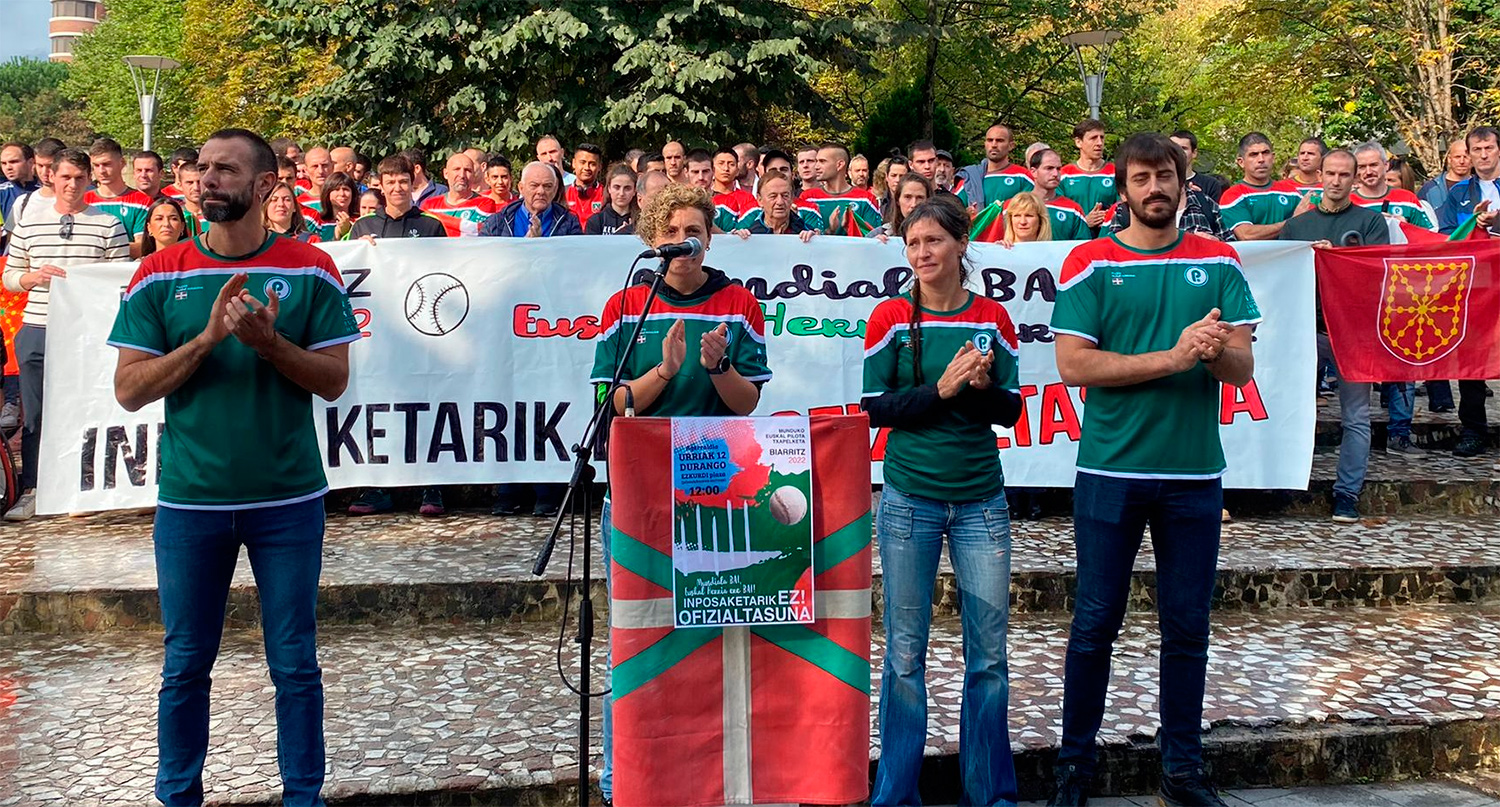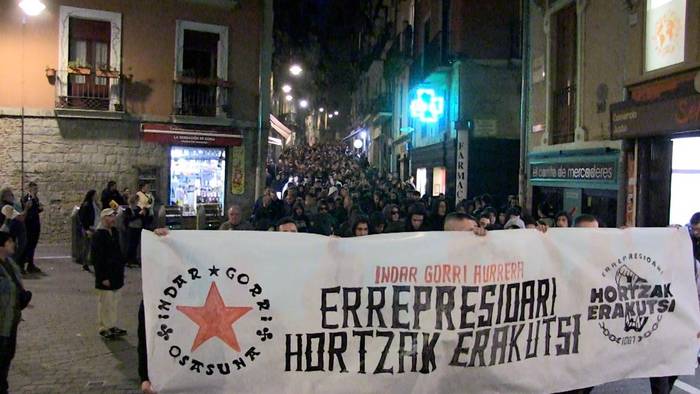Referee of the plot
- Sports betting, legal and especially clandestine, moves large amounts of money. The juicy ambition for many cannot be denied that they sometimes condition the results, as witnessed by the tennis scandals. But to say that it is a widespread practice would be too much. It is also just to point out to mafias or sportsmen when the power system has spread fraud at all levels. You can buy a lot of stuff in addition to your betting cards.
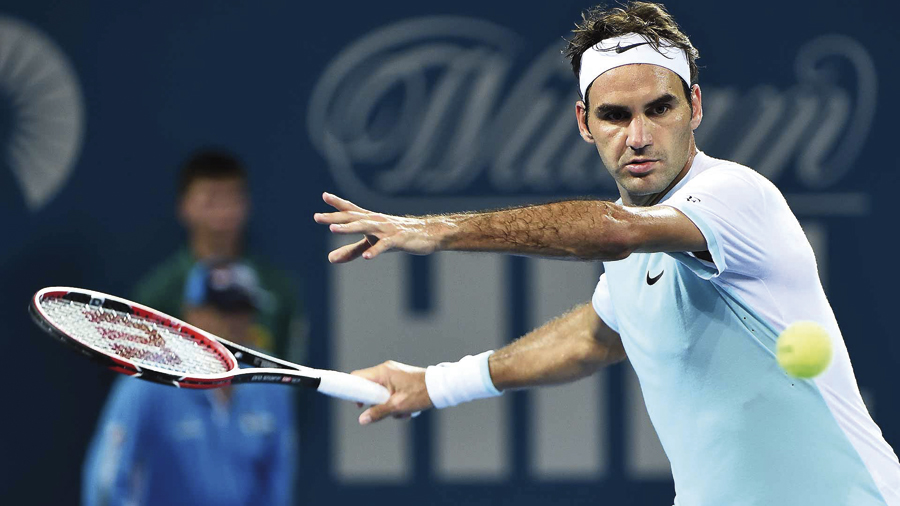
Sixteen professional tennis players scammed into several games played in the past decade, including three from the Wimbledon tournament. The sixteen were among the top 50 in the world and had already won some Grand Slam circuit championship, according to the BBC network and the news web BuzzFeedNews. The filtered internal documents of the TIU unit, which seeks to guarantee the integrity of tennis, speak of irregularities and corruption and, among other things, point to the Russian and Italian mafias. Supposedly, tennis players, whose names have not yet been published, received over EUR 50,000 for beating the ball awkwardly. But to the left, with a venomous shot, he answered what could be one of the biggest scandals in history.
Novak Djokovic recognised that in 2007 he was not offered more than 50,000 euros, but 180,000 for losing a match in the St. Petersburg Tournament. “It’s a crime against sport,” he said: “As far as I know, that doesn’t happen at the top. At the bottom, it may happen and maybe not.” Criminals, if any, in the neighborhood. “It must be tackled harshly, an example of the fight against doping,” said Swiss Roger Federer. And, as has happened with doping, or with the cases of corruption that have seized the upper organs of football and athletics, it is enough for everyone to apologize to himself, to exalt his friends and distract attention, unless the evidence goes against him. “I am convinced there are scams in tennis, but I would put my hand on fire by my closest people.” These are words of Feliciano López. President of the ATP Professional Tennis Association, Chris Kermode, often criticised for not listening to complaints about control systems, has tried to hide the dirt, but has only raised dust: “When we talk about corruption, all sports are at risk.” Michael Franzese, former Mafioso and now partisan of justice lessons, warned us in 2009: “The previously agreed matches are a reality in tennis, you just have to buy a player to adjust the result to the card.”
In case of smoke, fire signal
Betting houses control at all times if there are rare variations in their quotes, if players invest unusual amounts in seemingly absurd results. In 2015, the alert systems of the operators that are part of the European Security Agency (ESSA) issued 100 notices, 75 of them for suspected tennis matches, showing that the risk of fraud in individual sports is higher than in collectives.
The risk of fraud is greater in individual sports than in groups, even more so in which there is no television.
This is confirmed by the operations director of the RETA Betting House, José Antonio Martín: “It’s much easier to buy a tennis player than the entire football team.” Before trying to persuade the arbitrator, it is better that they pursue him directly, as the Juventus of Turin or the Milan of Silvio Berlusconi did in 2006, but not the Mafias. “Anyway,” Martins says, “how much money would a top tennis player have to pay, given that he earns thousands of euros a year? You don't need to get into the oversized sauces. On an amateur level, I see him more dangerous. In case of smoke, fire signal. There have been cases in tennis, there can be no denying, but then to say that there is a mafia that controls the matches... Has it affected us? No, no. In our case you can play small amounts each [maximum EUR 100 in regular bets]. When the tennis scams have come out, I've been told by some: “You will also have purchased matches!” Oh my God, what game I was going to buy! ? Although everything is very controlled, globally, especially in illegal areas, it is clear that something is happening.” She acknowledges that the Internet has increased her insecurity, but tells us that at RETA they have all their customers identified: “The Chinese mafia, for example, cannot enter our services. They should come to a machine here with I don’t know how many millions of euros.”
And – we ask you – do you think that, as an individual sport or as a couple, the ball by hand can be a victim of fraud? “No. There are no illegal activities here. The controversy has always been, the pelotaris are of the companies, and when two of the same company face each other, there is that risk, but from there… If we go back in time will we find the fools? Surely yes, but in no case is it usual. Let's go to the first thing, how much would you have to pay Irujo to lose a match on purpose? In lower categories it would be easier, but we've never seen anything weird. Just in case, we control more strictly the games that are played in small towns than an Irujo-Olaizola, because we know that nothing will happen uncommon.” It seems logical that some festivals should be monitored more closely, because, at the end of the day, speaking clearly, the pelotaris can wager against themselves to make a little money without sweating.

The three Basque betting companies (Ekasa-RETA, Codere and Teleapostuak-Kirolbet) carried out in 2013 a total of 26.7 million transactions within the framework of the II Game launched last year by the Basque Government’s Direction of Play and Shows. According to the White Paper report. In the first quarter of 2015, a net profit of EUR 10 million was obtained, three million more than in the same period of 2013. In total, they played EUR 72 million and distributed 62 prizes. In Navarre, in addition to the three mentioned, they also have a Sportium and Bets license from Navarre. José Antonio Martín, from RETA, told us that some 200,000 operations are carried out every day, undoubtedly football is the main protagonist, and the ball also has a broad follow-up. A fact to become aware of the global dimensions: At the Betfair betting house, more than 6 million transactions are made daily, more than the sum of the London and New York stock exchanges. And this year the Olympic Games and the European Football Championship are being played. Imagine.
As explained to us from the Game and Shows Directorate, it is precisely the betting houses that have the licenses that have the most interest in preventing and preventing fraudulent activities “because they seek to protect their reputation, their business and the cleanliness of their activity”. Regarding tennis polemics, they consider that these types of cases are not due to betting activity, but, as in any other area, “to people who want to take advantage of any situation to make money with artimañas”.
Tip of the iceberg
20 December 2015. Meeting corresponding to the 3rd category of Spain between Paterna and Castellón. If, in cases like this, operators move between EUR 140-190, one of them had a flow of EUR 3,700 that day. Curious. Even more curious is to see that most bets were made from Asia and how they were: That Paterna would not win the match (with one and zero), that the Castellón would win (although in the absence of fifteen minutes to start losing they would tie) and would enter at least three goals. They invented the three forecasts. In other companies, the same thing. Variations in contributions alerted betting houses and some of them decided to stop operations. Suspicions were heightened when the party figures were carefully examined: A Paterna’s harp kicked absurd kicks into the area, supposedly to cause the penalty, and the Castellón players took him two or three meters in each race.

Federbet, the association that brings together entrepreneurs in the sports betting sector, points out that female and amateur football, outside the eyes of television cameras, is the most dangerous and has given a dazzling figure: Illegal gambling in Asia moves around EUR 70 billion a week. The Brussels-based Association has reported that in the 2013-14 season there was a conspiracy of 110 European league parties, especially in countries of Italy, Greece and the East, and 460 more are under suspicion. He has denounced that neither the police nor the federative control bodies have investigated these measurements “for fear of punching the name of their competition”. According to data published by Europol, almost 400 matches would be suspected between 2008 and 2011, including those of the Champions League and some of the qualifying phases for the World Cup. “It’s the tip of the iceberg,” said police chief Rob Wainwright.
FIFA, which moves the football ropes from the Zurich bunker, says that there is no problem, which controls the issue of illegal betting, while former President Joseph Blatter and other senior officials are charged for money laundering, for exchanging favors and gifts and for buying votes. In the real football club, the dogs are also barefoot. All the season ends of all leagues go on sale old rags on bag traffic, and Basque clubs are no exception. There we have the former leaders of Osasuna, who have bought the matches in the 2013-14 season, among others, brought them before the judge on several occasions. In 1993, Didier Deschamps, a player at the Olympique in Marseille, witnessed directly the fraud prepared by President Bernard Tapie: The controversial businessman and politician was sentenced to two years in prison for buying a party against the Valenciennes group, three years before being charged for tax fraud. A superficial review of the newspaper library is enough to find many more examples.
In football, old rags dedicated to luggage traffic come to light every year, and Basque clubs are no exception. There are the former leaders of Osasuna, charged for the purchase of matches.
“Fraud gossip is ongoing, but I’ve never seen anything weird,” explains Kiko Moreno, former Paterna Taldea porter, to El Mundo newspaper: “It is true that in the 3rd category, and more since the beginning of the crisis, people charge very little, many do not have a euro. I think it would be easy to buy a player to make penaltis or send balons to the corner. At these levels I would ban wagering.” In the same line Tenista Nicolás Almagro says: “Wagering should be banned.”
The Spanish gambling clerk has also pointed out that "it would be good" for betting to be banned in low-level competitions. The Association of Professional Tennis Players (ATP) has called for greater collaboration of athletes, considering that they remain silent in the face of suspected fraud, as is the case with doping cases. Control of bank transfers and telephone data of tennis players is also proposed, although it could clash with the right to privacy, as well as a wide-ranging police operation against illegal betting houses. Not a single word about the performance of the upper bodies of the world of sport.
Esku-pilotari dagokionez, zale eta artekariak bat datoz: azken urteotan apustuak izugarri murriztu dira, pilotalekuan bertan egiten direnak bereziki. Pilotazale gipuzkoar batek azaldu digu hainbat faktorek eragin ahal izan dutela beherakada: “Internetez jokatzen da geroz eta gehiago, poltsikoak duela 6-8 urte baino hutsagoak ditugu, azpiko dirua falta da –partida askok faborito oso argiak dituzte eta haien kontra jokatu nahi duenik ez dago–, eta geroz eta gutxiago dira frontoi osoaren aurka oldartzen diren tiburoi handiak. Tontakeria dirudi, baina partida gehienak telebistaz ematen dituzte, eta tailerra erregulazio espedientepean duen enpresaria patxada ederrean apustu egiten ikustea…”. –Horregatik aritzen al dira hainbeste telefonoz?– “Izan liteke. Esango nuke diru gehiena hor mugitzen dela”. Zurian ala beltzean egiten den, hori beste kontu bat da. Ipar Euskal Herriko frontoietan, apustuak debekaturik daudenez, artekaririk ez da aritzen builaka, baina horrek ez du esan nahi saltsarik ez dagoenik. “Jokatzen da, eta asko gainera, baina bitartekaririk gabe, bai pilotalekuan bertan, baita lehenago ere, ostatuan-eta”, esan digu pilotazaleak. “Ez zait iruditzen tongoak ohikoak direnik, nahiz eta izan den kasurik erremontean-eta, isilean pasa direnak, baina ez dira gaur goizeko kontuak”.
After so many years of struggle for it, 34 years, precisely, we are very pleased with the decision taken a few days ago, on 28 December, Innocent Day, in Pamplona, at the assembly organized by the International Federation of Basque Ball. Well, from now on we will have the... [+]







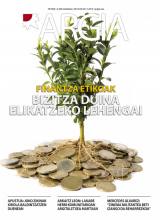

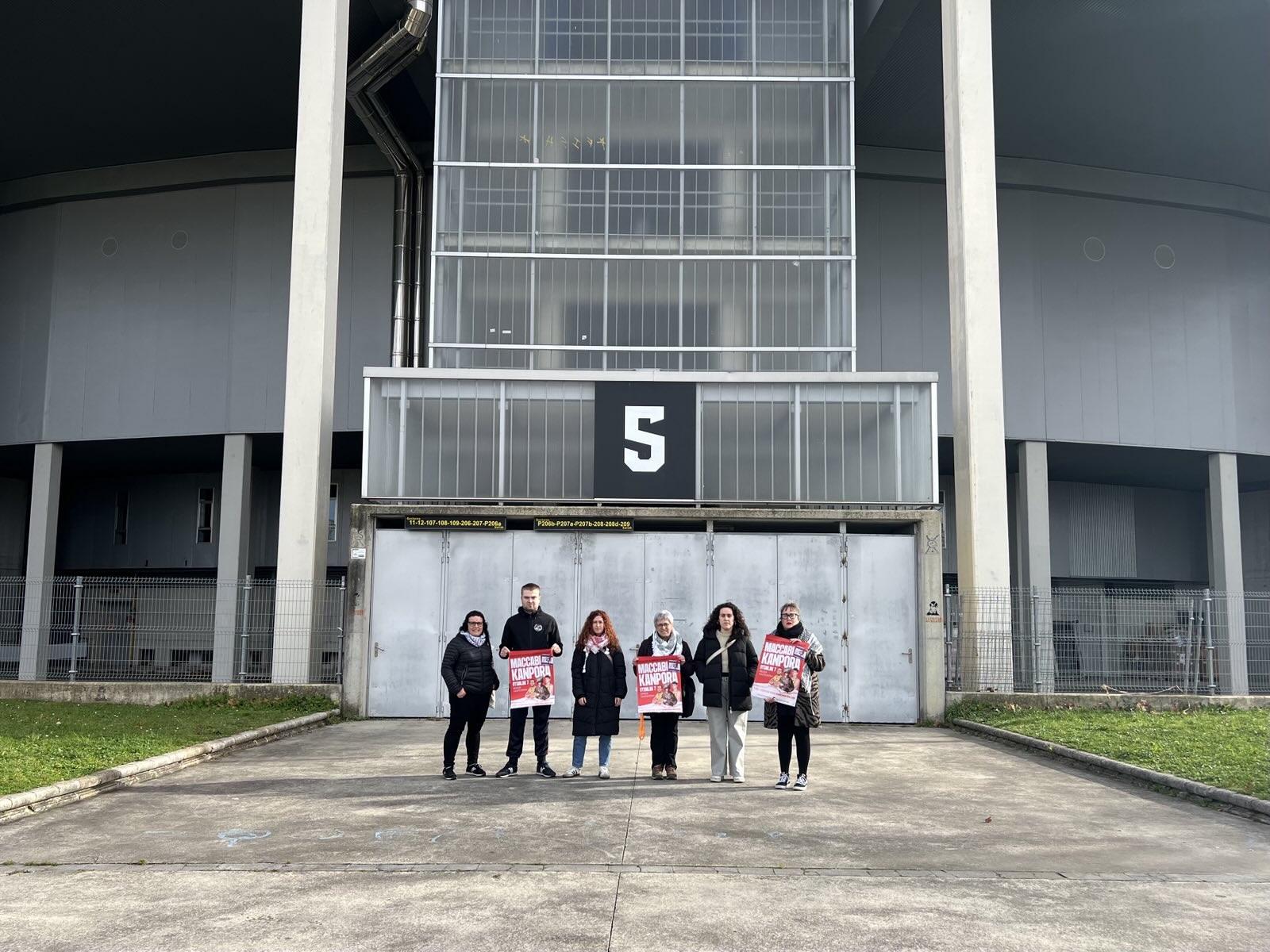



.jpg)

